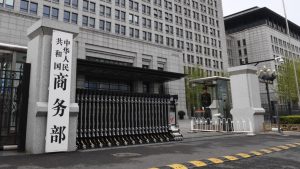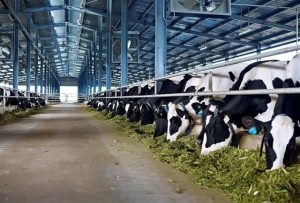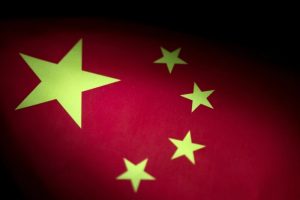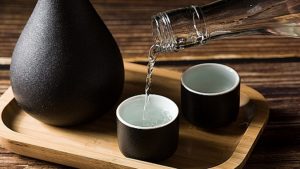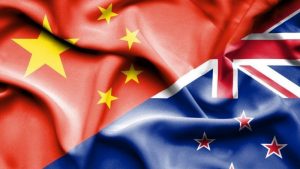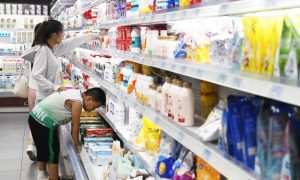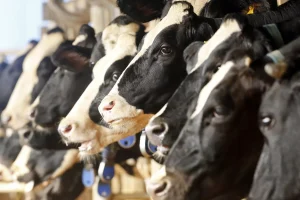
Australia remains free of the disease and biosecurity officials were acting “very strongly” to handle heightened risks that an outbreak might occur, Albanese said in an interview with national broadcaster ABC. Any confirmed infections would risk locking Australia’s multibillion-dollar meat industry out of more than 150 overseas markets.
A Chinese beef industry publication reported late Sunday that customs clearance for agricultural products from Australia and New Zealand had been suspended and that relevant businesses had been notified, without saying where it got the information. The publication, World Meat Imports Report, on Monday said that customs clearance for Australian farm goods including meat and dairy was back to normal.
The initial report, which wasn’t verified, stoked fears that China was escalating curbs on imports from Australia. The world’s second-biggest economy has previously targeted individual abattoirs Down Under, citing fears about Covid-19 infections in meatworks, as well as the discovery of prohibited drugs in beef products and incorrect labeling on products. Authorities denied the trade bans were linked to deteriorating diplomatic ties at the time.
The Prime Minister on Tuesday also called on China to withdraw existing trade restrictions on Australian commodities including wine, coal and barley. Those were imposed as a result of a political rift between Beijing and Canberra that worsened under the previous administration, which criticized its biggest trading partner and asked for an investigation into the origins of coronavirus.
Albanese has repeatedly said that resetting frosty relations between the two trading partners would depend on China ending punitive measures on exports — a request that has remained largely unanswered. About a fifth of Australian beef by volume go to China, which relied on Australia for about 7% of its imports in 2021.




